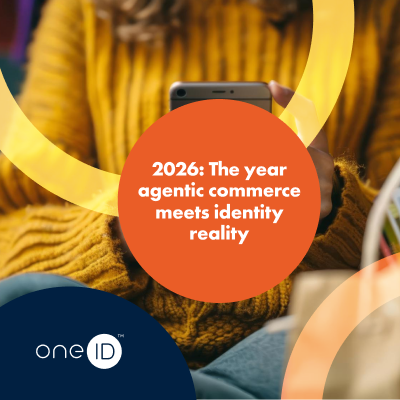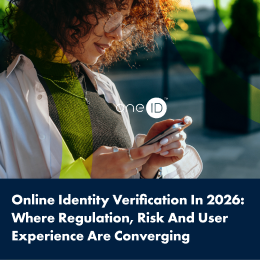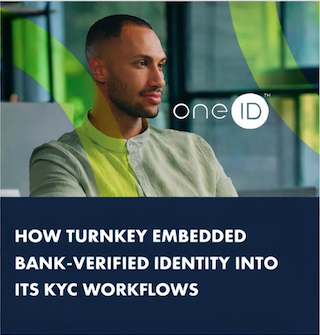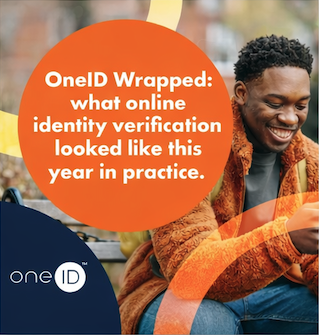The origins of measuring economic activity in the form of Gross Domestic Product (or GDP), date from the Anglo-Dutch wars of the 1600s, with today’s calculation model being formed in the 1930s.
The global pandemic impacted the UK economy with severity and speed unseen in over three centuries, with the first lockdown resulting in the biggest GDP decline on record, contracting by 19% in the second quarter and shrinking by nearly 10% over the whole of 2020.
As we look ahead through the rest of this year and beyond, we anticipate and hope for brighter, healthier and more prosperous days as we transition through to a new normality.
Unfortunately, many businesses have already permanently closed their doors. Surviving companies have been forced to fundamentally revise existing business models and processes. Many well-known high-street chains have taken a decision to become 100% digital brands, with an online-only offering.
Such a move was not solely a response to successive lockdowns, but a recognition of an already well-established trend away from the high-street, towards the mobile handset as a primary channel for consumers.
In a world where increasingly we learn, work, entertain, access health and financial services and support online, there is an equally increasing need for businesses to adapt and re-focus on their digital customer engagement and experience.
This will become paramount, not only to achieve corporate commercial success and growth but in order for society and the UK economy as a whole to prosper.
At the heart of virtually all of these online engagements is the need for an assured digital identity process.
The need to be able to securely prove that we-are-who-we-say-we-are has never been more important, for all of us as individuals and for businesses, and as a catalyst for overall economic growth.
Complex online customer sign-up processes are driving abandonment rates ever higher as individuals simply give up trying to complete frustrating form-filling tasks.
Coupled with online fraud and identity theft, this places additional strain on business attempts to make online customer engagement seamless and frictionless.
The pre-pandemic study by McKinsey, ‘Digital identification: A key to inclusive growth', detailed how an assured digital identity solution can generate economic value equivalent to between 3 to 13 per cent of GDP by 2030.
Given the economic contraction the UK has experienced, along with an accelerated digital shift, we can safely expect the benefits of an assured digital identity solution being significantly higher for the UK than previously forecast.
Such an assured digital identity solution is not a long-term technology pipedream – it is here and accessible now. OneID is the independent digital identity platform piloting with some of the UK’s leading banks and businesses.
Using the UK’s ‘Open Banking’ services, individuals can leverage their existing assured personal identity, held by their bank, to simplify and secure their online lives.
For businesses and public sector agencies, introducing such a frictionless customer sign-up service gives them the assurance that the person they are dealing with is verifiable through the identity details held on their behalf at their own bank.
This bank-led approach ensures every single adult with a UK bank account can have access to and use an assured digital identity solution.
That’s 97% of the adult population.
There is no need for individuals to ‘sign-up’ or complete a complicated joining process, or for the public or private sectors to fund and build a new technology platform and no requirement for a complex data store of personal information. All of this already exists.
We already use the banks as the trusted custodians of our data, the Open Banking system is fully operational, the technology and rules are already built and ready for banks and corporate organisations to plug in and start using.
So we already have within our grasp the widest possible coverage and inclusivity for digital identity in the UK – a factor that can help to address existing social inequalities which have been exacerbated by the pandemic.
With the huge shift to online, the impact of digital exclusion for many vulnerable sections of society has been acutely felt. This exclusion is much more than simply a lack of reliable online access. It has resulted in lost education opportunities for many less privileged children.
In addition, the inability of individuals to prove their identity online has impacted access to finance, health and other essential services, along with creating new opportunities for criminals to prey on the vulnerable.
An assured digital identity solution can help tackle the social menace of fraud. It can help businesses better engage with new customers online and can also help to address several aspects of social exclusion. Collectively, the many benefits of an assured digital identity can be a key catalyst in driving an economic recovery which we can all look forward to.
Article originally featured in Business Reporter and The Telegraph.

Agentic commerce is already operating inside live retail, payments, and platform environments. For Partn...

Online identity verification entered a new phase in 2025. Across adult platforms, gambling, financial se...

Last month, we joined Turnkey for an industry event to talk about a challenge many regulated platforms a...

2025 has been a year of continued growth and real-world proof for OneID®. As expectations for identity a...